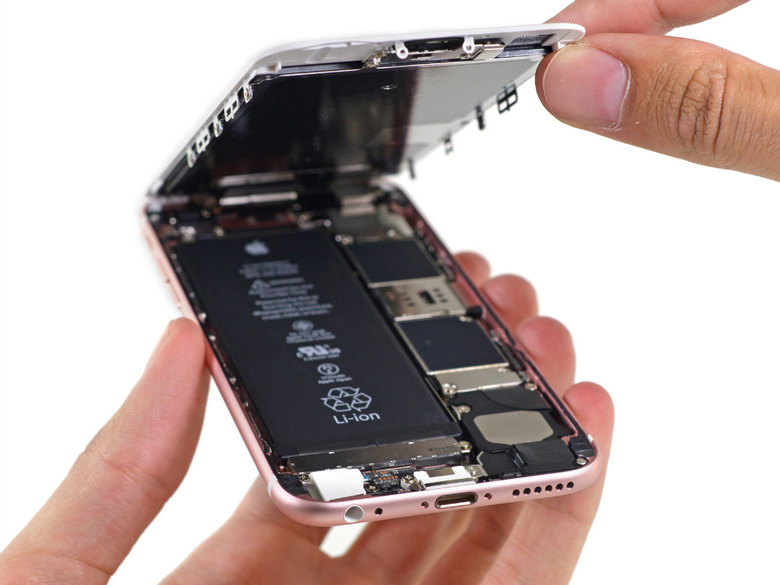How Samsung, Yes Samsung, Might Make The iPhone 7 Faster
Macs may only account for a fraction of the PC market, but they're still design and performance benchmarks that Apple competitors try to beat. HP is the latest company to come up with a laptop design that aims to top the Retina MacBook, but Apple is also expected to launch 2016 MacBooks that'll be slimmer and faster than predecessors.
And Samsung is the company that may provide some of the critical components required to bump up performance. Similarly, it's also Samsung that might help Apple make the iPhone 7 even faster than previous models.
DON'T MISS: We may already know who died in that terrible 'Walking Dead' cliffhanger
While nothing is confirmed for the time being, Samsung's new 10 nanometer DDR4 RAM modules are definitely head turners that could make their way to next-generation Apple devices. The company announced earlier this week it started mass-producing the industry's first 10nm class 8-gigabit DDR4 DRAM chips.
The new RAM is 30% faster than 20nm 8GB DDR4 DRAM chips, offering data transfer rates up to 3,200Mbps. Furthermore, the chips consume 10% to 20% less power than predecessors, which should help computer makers including Apple improve the design efficiency of next-generation devices, regardless of form factor.
Buried at the end of Samsung's press release is an important note that reveals Samsung's 10nm DDR4 DRAM will be joined by a mobile version later this year "which will further solidify its leadership in the ultra-HD smartphone market."
The iPhone 7 and other smartphone models aren't specifically mentioned, but it's no secret that Samsung craves Apple's iPhone supply business. Currently, Samsung is one of the RAM suppliers for the iPhone 6s, which packs 2GB RAM LPDDR4 RAM modules built on a 20nm process.
Moving to a faster and more efficient 10nm RAM option should be a no-brainer for Apple, assuming Samsung can provide 10nm RAM chips for the iPhone 7 in time. This is just speculation right now, but Samsung's 10nm RAM is certainly a huge accomplishment and it's likely that many computers and smartphones will benefit from it.
